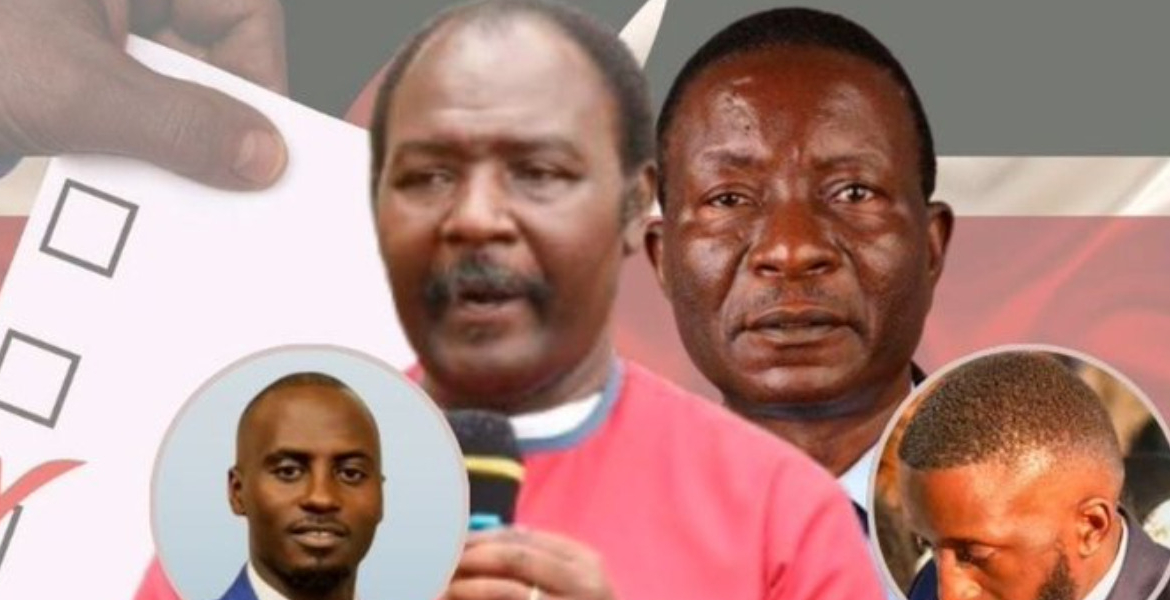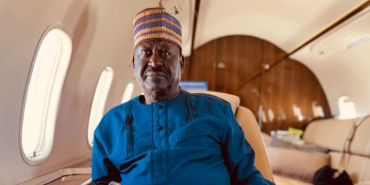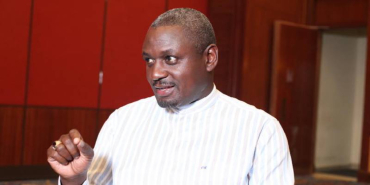Political Dynasties in Kenya Raise Concerns Over Fair Access to Elective Positions

The upcoming by-elections in Kasipul and Malava constituencies are intensifying scrutiny of Kenya’s political landscape, as endorsements of Boyd Were and Rhyan Injendi to succeed their late fathers spark renewed debate over the prevalence of political dynasties.
In Kasipul, Boyd Were is emerging as a prominent contender to fill the vacancy left by his father, the late Charles Ong’ondo Were. The Orange Democratic Movement (ODM) National Youth League Executive Council has publicly backed Boyd, signalling significant internal support. Key figures within ODM, including Homa Bay Governor Gladys Wanga and Homa Bay Town MP Peter Kaluma, have also voiced their support for Boyd’s candidacy.
During the late MP’s burial, Kaluma stressed the importance of upholding the Were family’s political legacy, drawing parallels with past succession cases, such as Moses Kajwang’s ascension to the Senate following his brother Otieno Kajwang’s death. Although Governor Wanga has assured the public that all aspirants will have a fair opportunity to compete for the ODM ticket, these early endorsements raise concerns about the impartiality of the nomination process.
ODM Youth League President John Ketora has further amplified the narrative of legacy-based leadership, asserting that the interests of Kasipul residents would be best served by a member of the Were family. Similarly, in Malava, Rhyan Injendi has garnered vocal support to succeed his father, the late MP Malulu Injendi. During a memorial service in April, Rhyan publicly expressed his aspiration to follow in his father’s footsteps, comparing political succession to familial traditions in other professions.
His remarks have been met with approval from influential figures, including Cotu Secretary General Francis Atwoli, who urged constituents to support Rhyan’s bid.
These developments reflect a broader trend in Kenyan politics, where bereaved families often position relatives of deceased leaders as the natural successors to political office. While the practice is not new, it continues to provoke debate regarding its implications for democratic representation and meritocracy.
Analysts contend that such endorsements often rely on public sympathy and emotional appeal rather than on policy credentials or leadership experience. This, they argue, fosters a political culture that prioritises continuity of influence over competitive electoral processes. Kenya’s political history is replete with examples of familial succession, illustrating the enduring nature of this phenomenon.
Garissa Senator Abdul Haji entered the Senate following the death of his father, Yusuf Haji, in 2021. Musalia Mudavadi, now Prime Cabinet Secretary, began his political career in 1989 after being elected unopposed to the Sabatia parliamentary seat previously held by his father, Moses Mudavadi. Additionally, Joyce Laboso succeeded her sister Lorna Laboso as Sotik MP in 2008, while Beatrice Kones took over her late husband Kipkalya Kones’s seat after they both died in a tragic plane crash.
Other notable instances include Moses Kajwang’s succession of his brother Otieno Kajwang in Homa Bay, Edith Nyenze’s election to replace her husband Francis Nyenze in Kitui West, and Mutula Kilonzo Jr’s rise to the Senate following the death of his father in 2013. In Vihiga, George Khaniri was appointed MP for Hamisi at just 21 years old after the death of his father, while Mohamed Khalif succeeded his father Ahmed Mohamed Khalif in Wajir.
In Kibra, Imran Okoth briefly held the parliamentary seat after the death of his brother Ken Okoth, although he lost it in the 2022 general election.








Add new comment